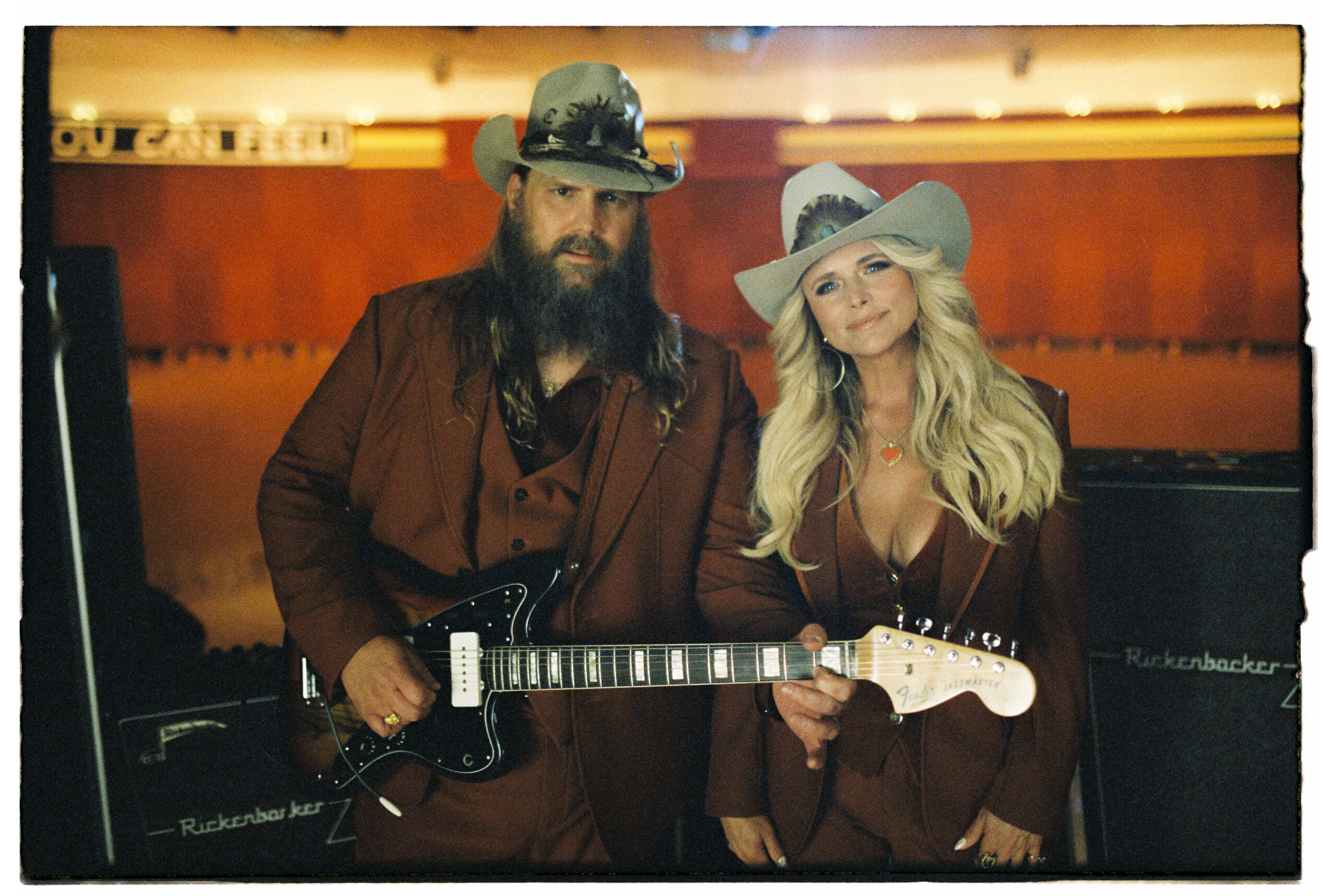
Guy Clark is honoured with a new 19 track compilation due out March 3
One of the most revered songwriters of the past 50 years, Guy Clark created an enviable catalog of songs. Country music giants from Johnny Cash to Kenny Chesney all recorded his tunes.
Clark, who passed away on May 17, 2016, made over a dozen critically acclaimed albums, with Dualtone Records the home of his final recordings. The new retrospective, Guy Clark: Best of the Dualtone Years, due out on March 3, 2017, draws upon his last three studio releases: Workbench Songs (2006), Somedays The Song Writes You (2009) and My Favorite Picture of You (2013). Each track delivers a master class in songwriting. “El Coyote” and “Rain in Durango” exemplify Clark’s richly evocative way with storytelling. “The Guitar” reveals his amazing gift for taking an ordinary situation (buying a pawn shop guitar) and transforming it into a magical experience. An old “Polaroid shot” serves as the jumping off point for his profoundly poignant love ode “My Favorite Picture of You” and the simple image of “cornmeal on a dance-hall floor” wonderfully sets the scene in the sweet romance “Cornmeal Waltz.” Then there are songs like “Maybe I Can Paint Over That” and “Hemingway’s Whiskey,” which offer wise, wry ruminations on the creative process.
Best of the Dualtone Years holds the added treat of introducing a trio of previously unreleased songs. These demo tracks — “Just to Watch Maria Dance,” “The Last Hobo” (co-written with Hal Ketchum) and the Marty Stuart collaboration “Time” — are a welcome gift to longtime Clark fans and newcomers alike.
Rounding out Best of the Dualtone Years is a selection of songs from 2011’s live CD, Songs and Stories, including such classic Clark songs as “The Randall Knife,” “The Cape” and “Homegrown Tomatoes” along with his two most famous tunes, “L.A. Freeway” and “Dublin Blues,” which have become Americana standards.
“L.A. Freeway” was the song that first brought Clark to prominence. Inspired by Clark’s ill-fated stint living in Los Angeles, the tune became a hit for Jerry Jeff Walker in 1972, and ignited Nashville’s attention to this Texas-born and -bred singer-songwriter. Clark’s solo debut, 1975’s Old No. 1, brought universal praise from critics and his peers. Many Nashville stars — Merle Haggard, Willie Nelson and Alan Jackson, to name a few — started digging into Clark’s song trunk. Bobby Bare road “New Cut Road” high into the charts and Vince Gill took “Oklahoma Borderline” into the Top Ten of Billboard’s Hot Country chart. “Desperados Waiting for a Train” was a success for Jerry Jeff Walker in the ’70s and the Highwaymen in the ’80s. Clark’s list of #1 hits includes covers by Ricky Skaggs (“Heartbroke”), Steve Wariner (“Baby I’m Yours”) and Rodney Crowell (“She’s Crazy for Leavin’”). Lyle Lovett, who recorded Clark’s “Step Inside This House,” proclaimed that Clark’s “ability to translate the emotional into the written word is extraordinary.”
While Clark himself never reached high in the charts with his songs, his music was rewarded in other ways. He garnered his first Grammy nomination in 1998 for his record Keepers, and every one of his Dualtone studio albums earned Grammy nominations, with My Favorite Picture of You winning in 2014. Clark was inducted into the Nashville Songwriters Hall of Fame in 2004 and the Austin City Limits Hall of Fame in 2015. He received the Americana Music Association’s Lifetime Achievement Award for Songwriting in 2005 and the American Country Music’s Poet Award (with Hank Williams) in 2013.
In October, a Guy Clark biography Without Getting Killed or Caught: The Life and Music of Guy Clark(Texas A&M University Press) was published to universal praise. The book’s author, Tamara Saviano, a longtime music journalist and publicist who also produced 2011’s This One’s for Him: A Tribute to Guy Clark (a Grammy nominee and Americana Music Association’s 2012 Album of the Year), is currently making a documentary that further explores Clark’s life and work. So while Clark may no longer be with us, his songs and stories — as Best of the Dualtone Years bears out — remain very present and very powerful.




